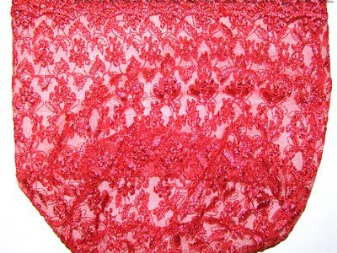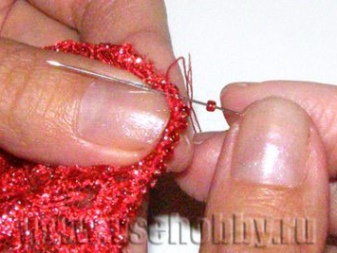With the help of a bag, every woman seeks to emphasize her individuality and complement a carefully created image. A high-quality original accessory that meets fashion trends is quite expensive. But for ladies who love needlework, making a unique bag, taking into account fashion trends, is very simple. Recently, bag-bag in various versions is very popular.
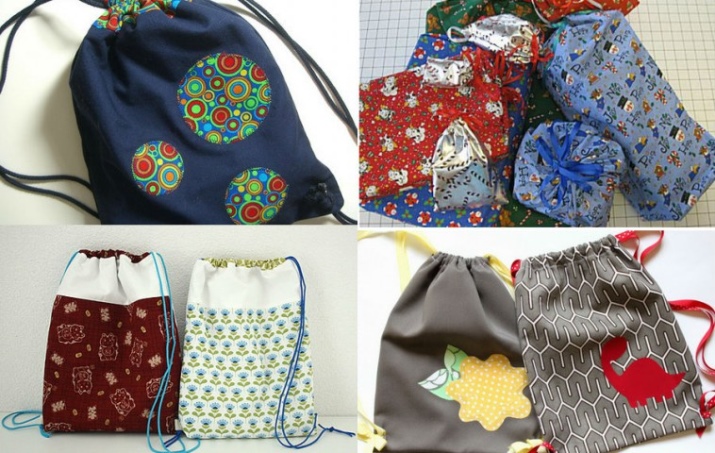
How to sew a knotted bag from fabric?
Original and at the same time simple in form, the bag-knot is distinguished by handles of different lengths, which serve as a kind of "lock". The long handle is pulled into a shorter one, reliably closing the contents of the bag from prying eyes. The loop resulting from these manipulations is worn on the wrist.


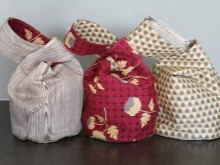
To sew such a handbag with your own hands, you will need two types of fabric, one will be the main one, and the second will go to the lining. Pins, scissors, matching fabric threads and a sewing machine will also be required.
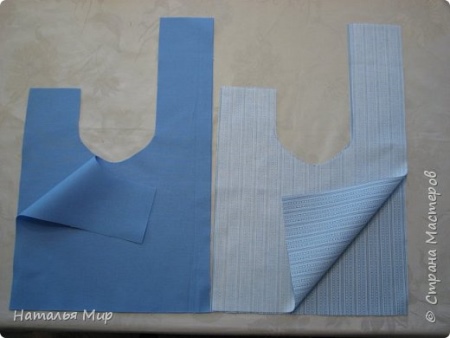
Pattern for future accessory is drawn on paper. If a small bag is conceived, then an album sheet is suitable for a pattern. If you want an accessory of large sizes, then you can take a tracing-paper or graph paper.
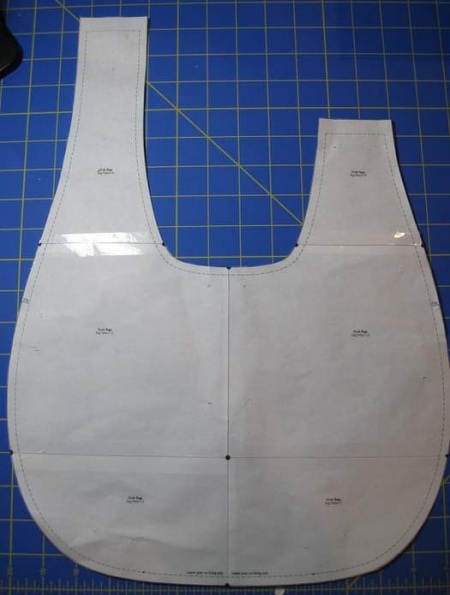
If we take the album sheet as a basis, then the width of the handbag will be 21 cm, and the height along with the longest handle 29.7. On each side of the sheet, the width of the pens should be set aside 5.5 cm at different heights. On the one hand, at an altitude of 29.7, and on the other, at an altitude of 23.2. We divide the width of the sheet in half and from this point we put it in a height of 15.5 cm and put a mark. Then we connect the three points using a curve, resulting in an armhole.
For the round bottom of the bag, you must calculate the diameter. To do this, multiply the sheet width (21 cm) by 2, we get 42 cm, which we divide by 3.14 (Pi value).The resulting number 13.3 cm is the diameter of the bottom of the bag. Now you can start cutting.
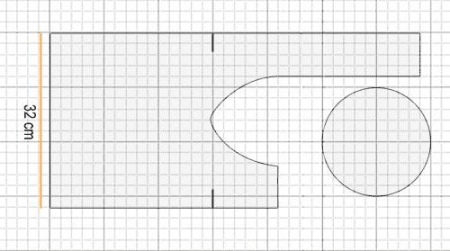
On the prepared fabric, folded twice with the wrong side up, we lay out the pattern, circle the details, taking into account the allowances for the seams, except for the bottom. Cut and get two blanks. Further, focusing on the armhole, draw a line that defines the beginning of the handles. Along the long handle we make an incision to the marked line. Now you can start sewing.
In each workpiece we grind the side line, along the side of the short handle to the beginning of the armhole and then sew the bottom to each. The resulting two details are put into each other with the front sides. Then we grind both parts along the armhole line on each side. We connect the short handle with a seam, we do not sew the side line, through it we will turn the product.
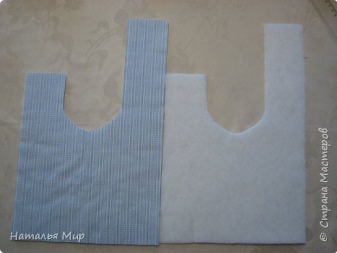
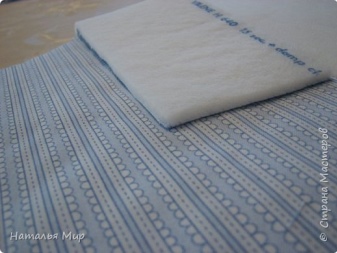
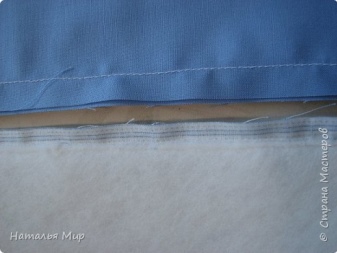
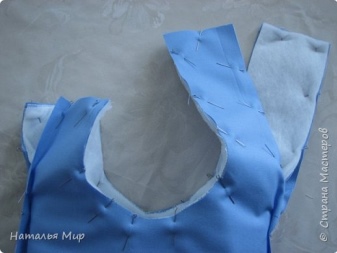
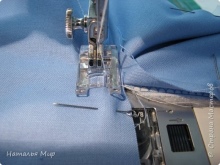
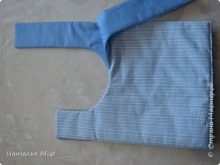
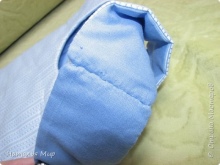
At the long handle, we grind the parts, but do not connect them together. Before turning the product, you need to make small cuts in the armhole area so that the seam does not pull. We turn out the handbag and first flush the side line with a secret seam from the side of the short handle, and then connect the long handle. Sew on the bottom.
The finished bag can be decorated with appliqués, beads or other decorative elements.
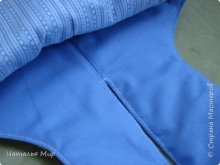
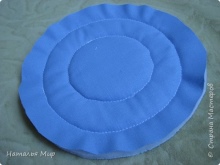
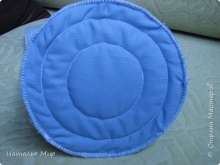
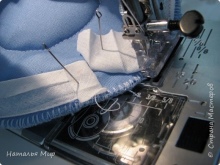
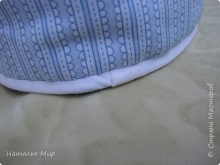

Simple bag bag
Bag-bag is easy and quick to sew, but looks very original. The usual rectangular shape, pulled on top of the ropes, which are the handles. You can sew this accessory from any material.
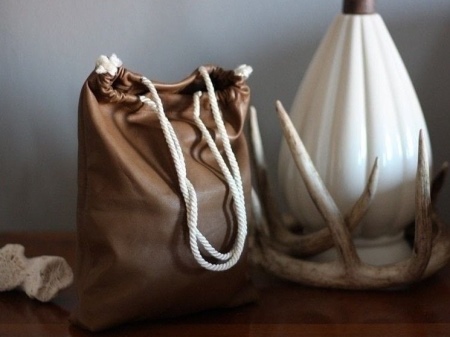
You will need two types of fabric main and lining, lace, hole punch, thread and a sewing machine.
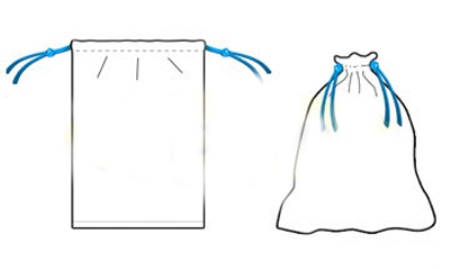
The sewing technology is as follows:
- We take the main fabric and make the blank. To the desired width on each side we add 1.5 cm (allowances for seams). We multiply the desired height by two and add 10-12 cm (for bends). That is, if you need to sew a 22x30 bag, you need to take a piece of fabric 25 by 70-72 cm or two pieces of 35-36 cm 25 cm wide. Sizes may vary, depending on the desired size of the bag.
- On each side, using a hole punch, make two holes, departing from the edge of 2-3 cm, the distance between them should be slightly less than a third of the width of the part. If the width of the part is 22 cm, then the third part is about 7 cm, then holes can be made by stepping 8 cm from each edge. We sew the side seams of the main fabric without finishing about 5-6 cm. At the resulting segments, we turn the sections to the wrong side and flashing. If the product was of two halves, sew the bottom edge.
- From the lining fabric we make a similar blank, but a little smaller. We turn the main fabric and insert the lining fabric in the main blank face up. Turn the upper section of the main fabric so that the holes remain on top of the front side. We fasten the lining fabric with pins to the main fabric, bending inward by 1.5 cm. Then, in a circle we sew the lining to the main fabric.
- We divide the cord into two parts and insert it into the upper part of the finished product on each side, tying the ends of the cords with knots. The bag is ready!
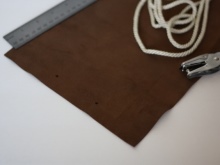
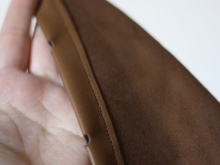
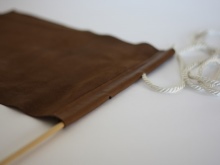
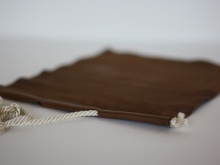
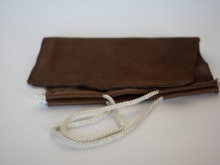
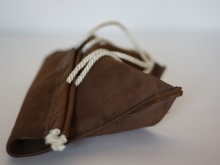
If desired, you can sew a bag bag with a round or oval bottom, after correctly calculating the diameter. One such example is discussed in detail in the following video:
Evening
A pouch is a suitable accessory for an evening outing. Recently, such a model is particularly popular. Sewing it with your own hands is not difficult at all, the main thing is to choose a suitable fabric sample for your chosen dress.
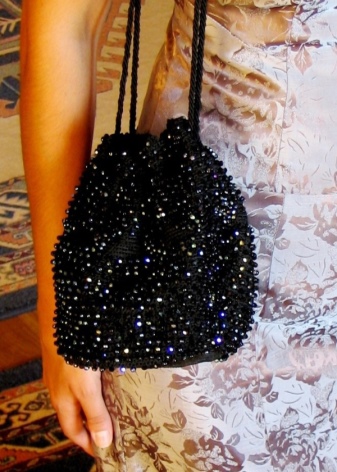
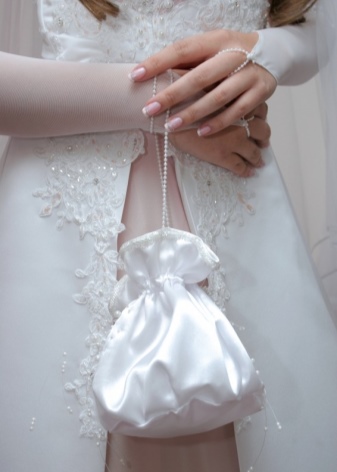
To sew this accessory in size 10x18, you will need to cut any elegant fabric in size 13x46. In addition, you must purchase two types of tape. One ribbon for an external drawstring about 25 cm long (nylon, silk or satin), the other for a tie - about 65 cm long and 7 cm wide, similar to the main fabric.
The assembly technology is as follows:
- Cut a piece of fabric of the desired length and width and bend 5 cm of fabric on each side. We hem the hem on the front side with a hidden seam. Then we fold the fabric with the wrong side up and perform side seams.Then we turn the workpiece to the front side.
- Cut the prepared ribbon for the drawstring in half. We take one part of the tape and with the help of pins we pin it to the fabric, having previously tucked the sections located at the side seams to the wrong side. The tape must be positioned so that the hem line is covered. We tease the second part of the tape in the same way. Sew on each side of the fabric drawstring with two parallel seams so that an opening is formed.
- In the formed narrow opening of the drawstring, we insert the prepared ribbon for the tie, previously cutting it in half. This is done using a small pin. After these manipulations, two free ends of the ribbon are formed on each side, which need to be tied together. The pouch is ready.
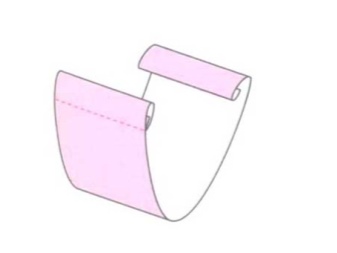
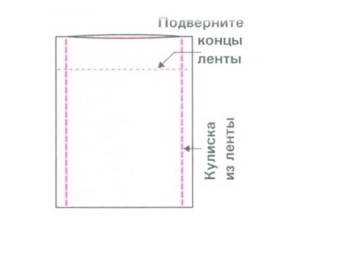
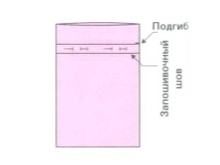
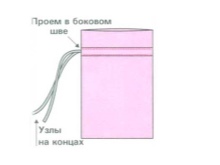
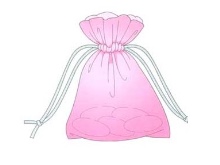
If desired, it can be decorated with beads, rhinestones, ribbons and other decorative elements.
